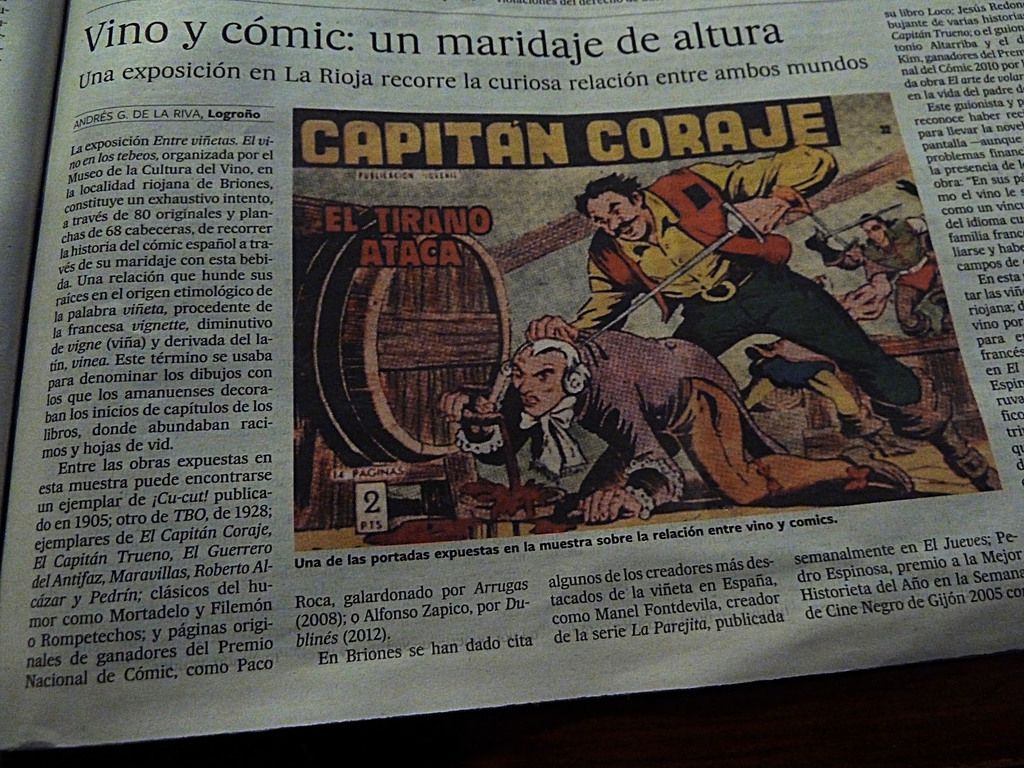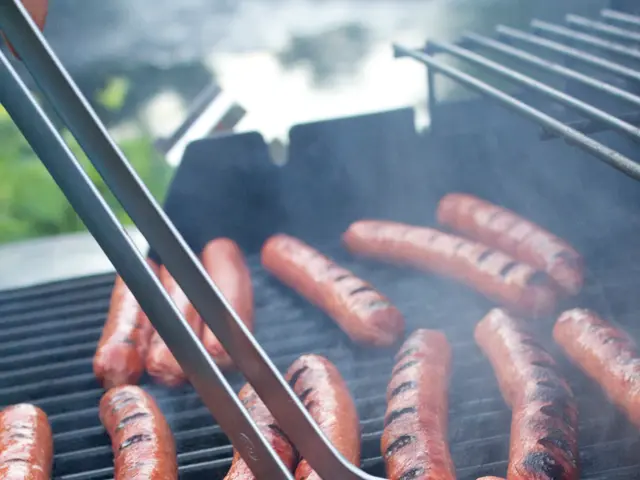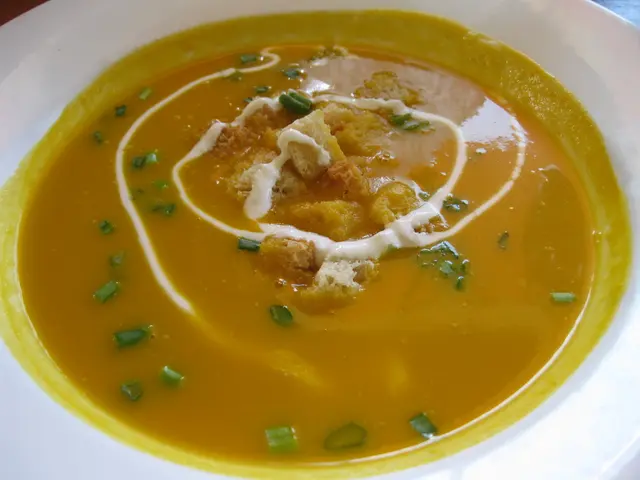Updated Food Safety Alert in Belarus 🚨
"Belarus Imposes Ban on Halva, Cookies, and Cosinacs"
The Sanitary and Epidemiological Service of Belarus's Ministry of Health has temporarily banned several hazardous sweets from Russia due to health concerns. Here's a breakdown of the affected products:
- Apricot halva, kozinaki, and rahat-lukum from the Azov Confectionery Factory: Contaminated with E. coli, mold, and excess cadmium. Cadmium, a toxic substance, can cause damage to the kidneys, liver, and bone system.
- Halva from LLC "AgroPetro": Excess cadmium was found.
- Cookies from LLC "AKULCHEV": Benzoic acid was detected.
- Nectars from the "Fruit-2009" brand: Prohibited dyes E122 and E110, which may cause allergies and hyperactivity, were found.
In addition, the blinis "Satiy Papa" (manufacturer - LLC "Lina") were found to be of poor quality, containing E. coli and increased microbial contamination. Excess sorbic acid was discovered in pies from LLC "KSP" (Russia) and in tortilla from "MUTLUKAL GIDA" (Turkey).
All manufacturers are being urged to rectify these violations and provide evidence of product safety to resume supplies.
Dangerous Dried Fruits Under Scrutiny 👀
Previously, unsafe products from Uzbekistan, Tajikistan, and Turkey were found on the shelves of Belarusian stores. Notable findings include:
- Uzbek nuts and dried fruits from LLC "GREEN DESERT," SP LLC "SIROJIDDIN AGRO FRUITS," and LLC "NASSAR TRADING AGRO": Excess sulfur dioxide, mold, and E. coli were discovered. Sulfur dioxide can cause allergies and vitamin destruction, while mold can lead to dysbiosis and poisoning.
- Tajik dried fruits from LLC "KAN": Mold was found.
- Indian candies and dried fruits from the company "VISHAKA AGRI COLD STORAGE": Mold was discovered.
The ban on these products has been in effect since June 2, 2025. It's crucial to maintain strict compliance with food safety regulations to prevent the spread of diseases or contamination and protect consumers' health.
Perspective on Food Security in Belarus ️🌱
Belarus boasts a high level of self-sufficiency, exceeding 100% in main food groups. This minimizes its reliance on imports for essential food items. However, ensuring food safety remains vital, especially for imports from countries such as Russia, Uzbekistan, Tajikistan, or Turkey. Proper inspections and compliance with international standards are essential in mitigating health risks. 🔬🚕🧪
- The shared concern about medical-conditions and health-and-wellness has led to a scientific study on the effects of excess cadmium in food products, particularly in contaminated sweets like apricot halva, kozinaki, and rahat-lukum from the Azov Confectionery Factory.
- As part of the health-and-wellness movement, individuals are being advised to avoid certain food-and-drink items due to the presence of prohibited dyes such as E122 and E110, found in nectars from the "Fruit-2009" brand, which may cause allergies and hyperactivity.
- In light of the ongoing investigation into food safety, particularly in dried fruits, experts stress the importance of food-and-drink companies adhering to strict health-and-wellness guidelines and science-based practices to prevent contamination and ensure the overall quality and safety of their products.








